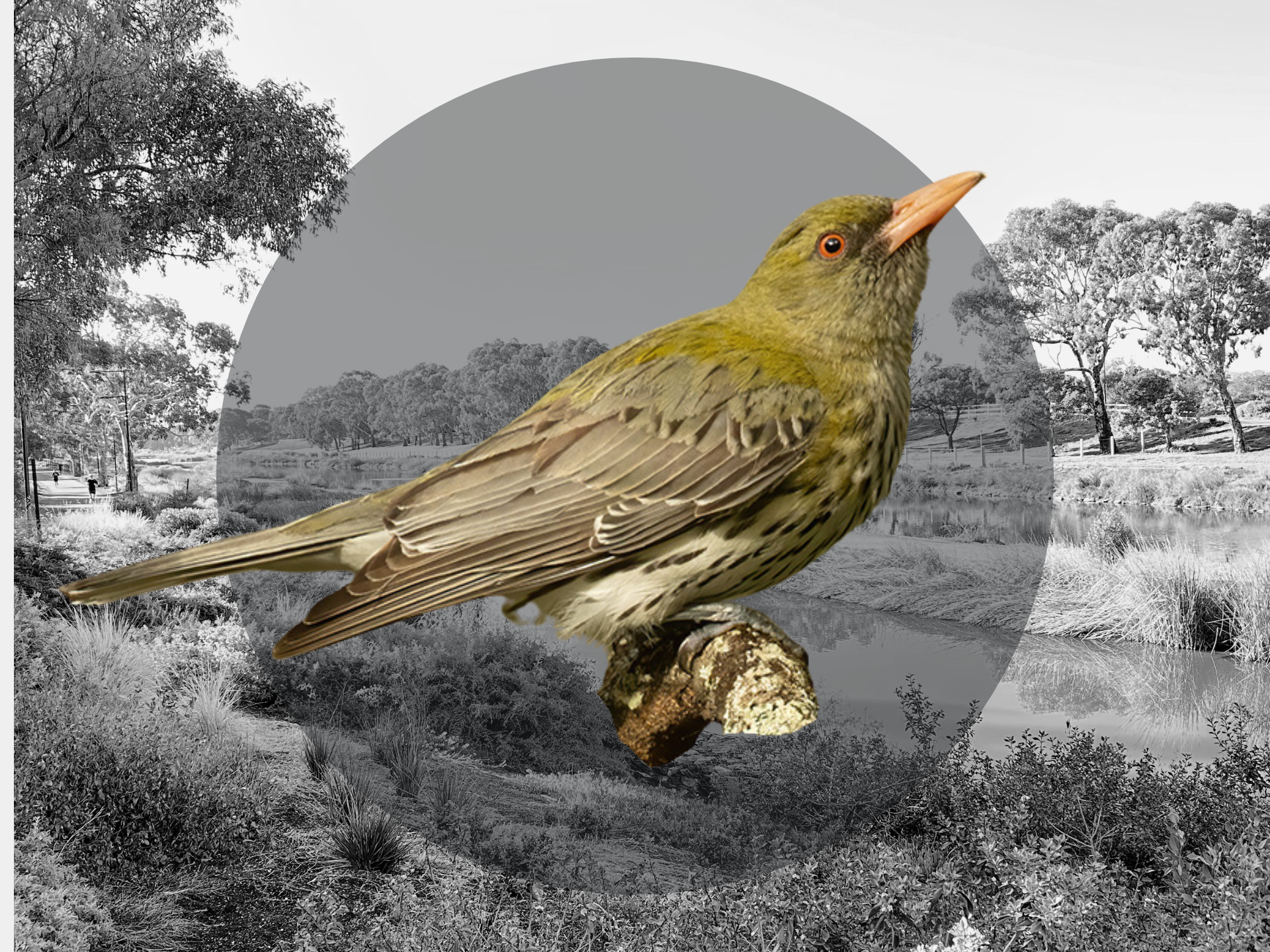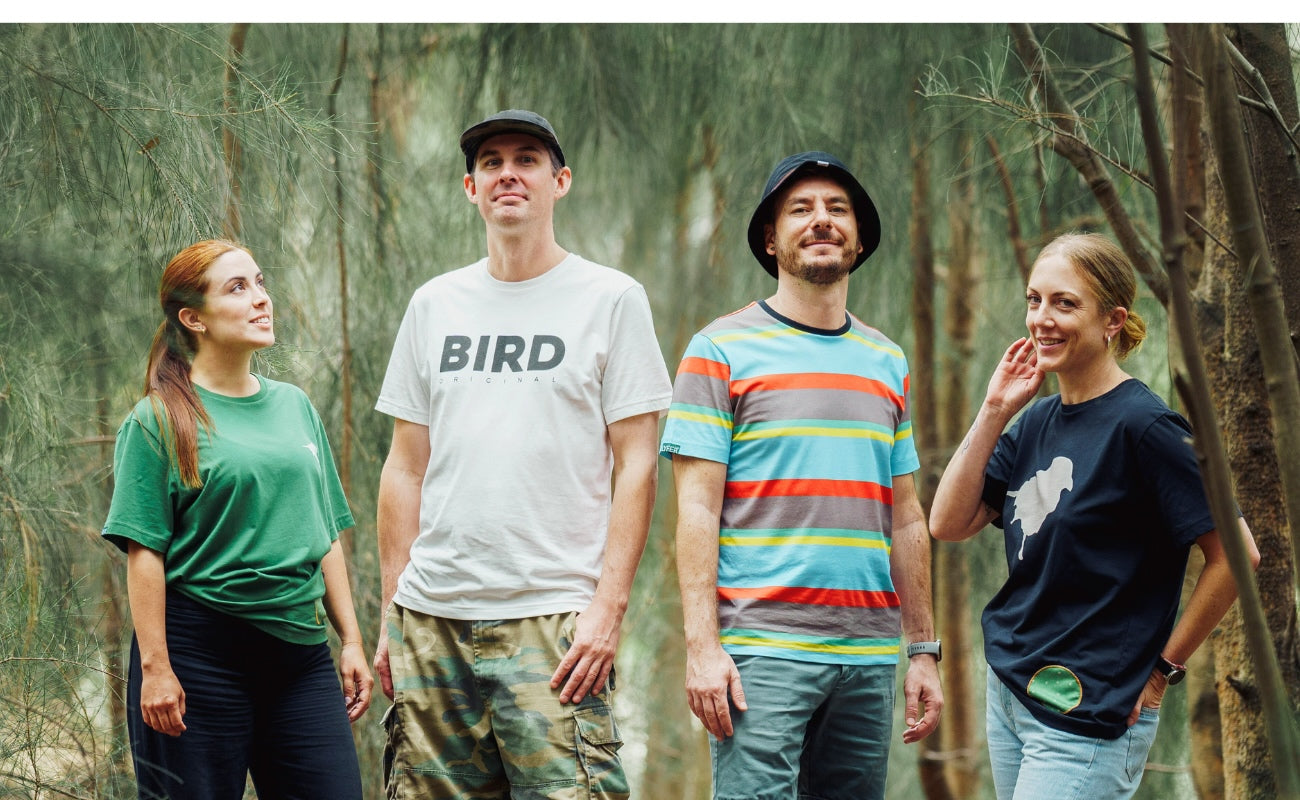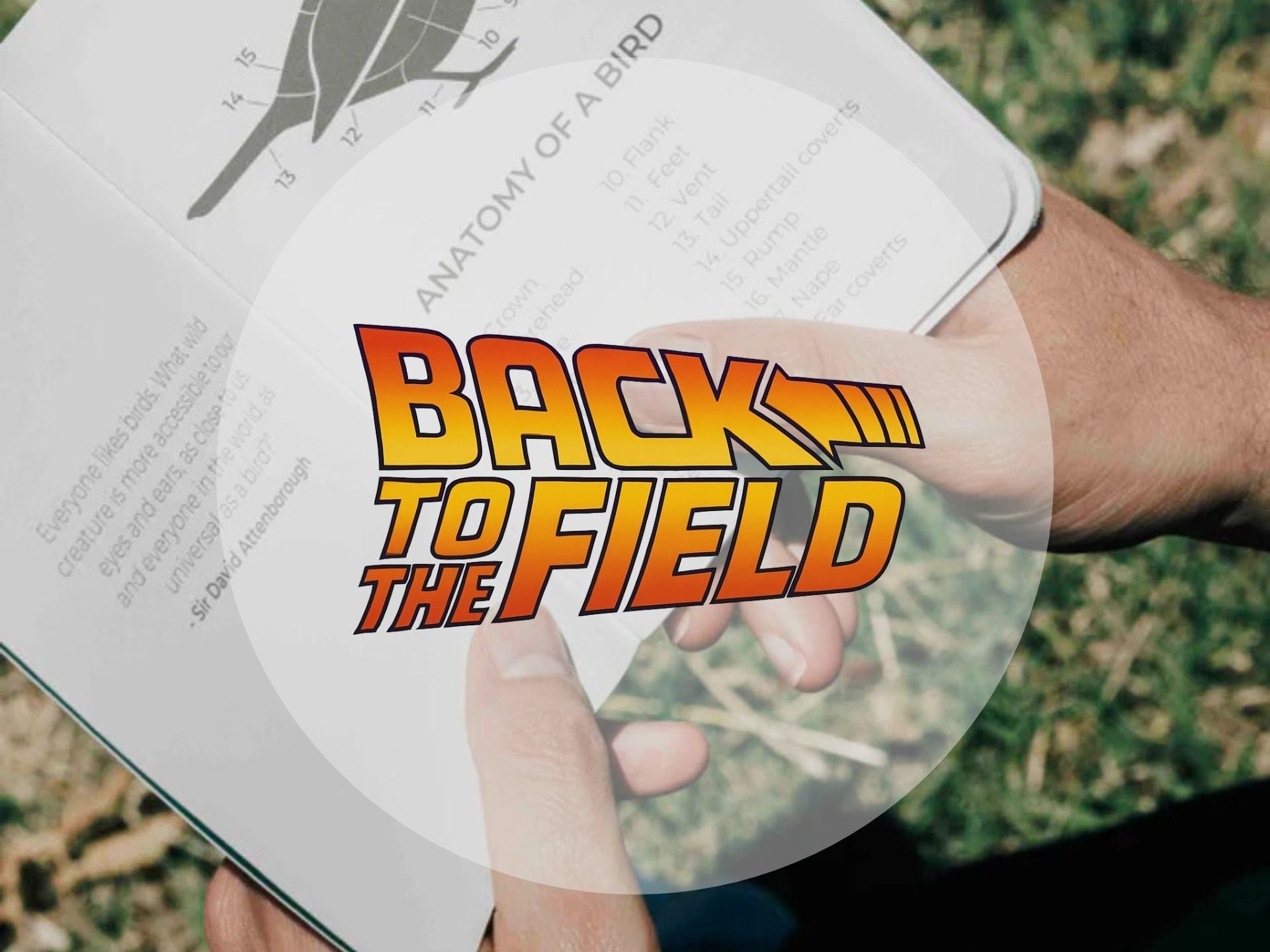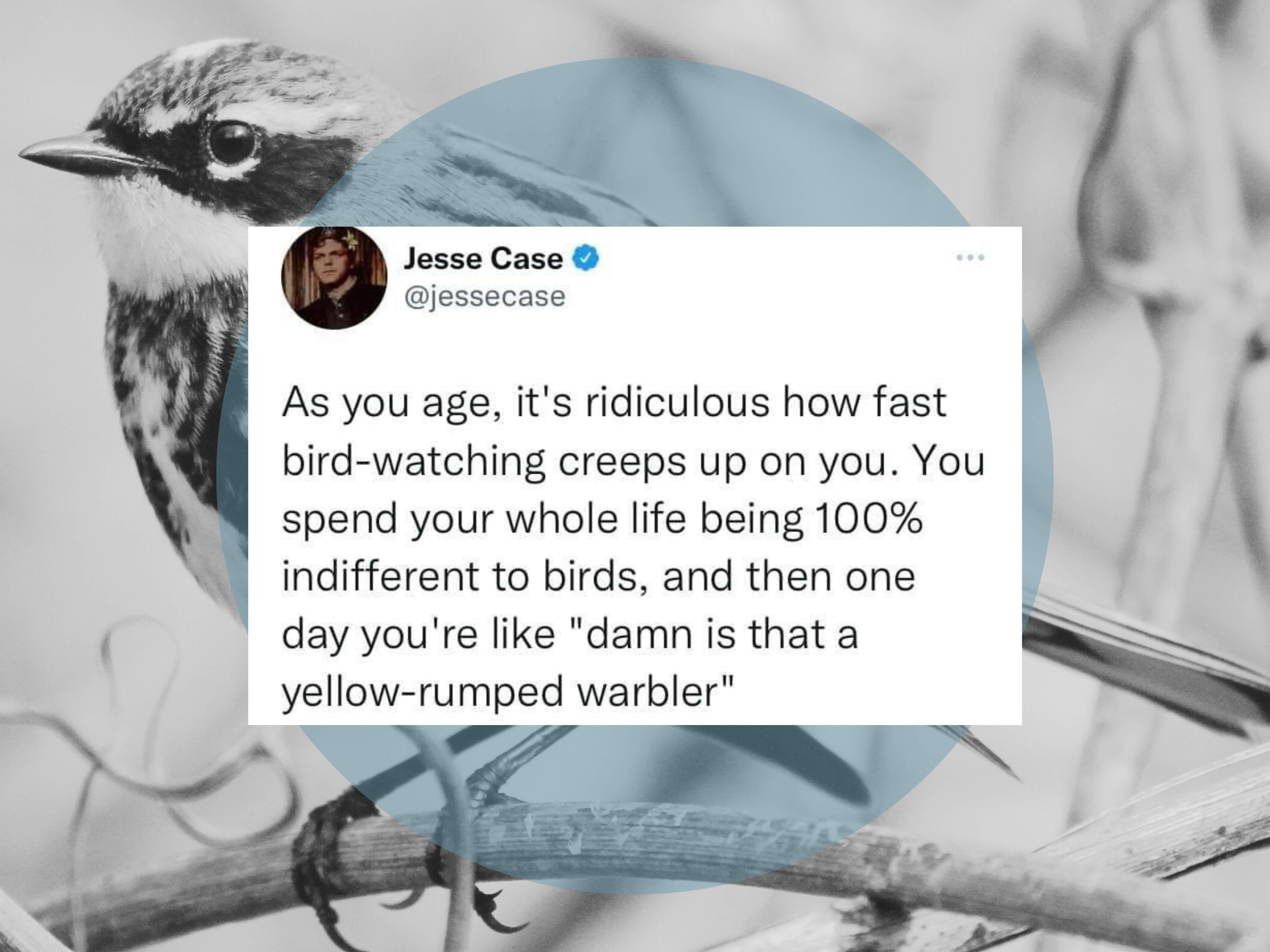
Birds & Brains: It’s All In Your Head!
[Estimated read: 4 minutes]
You already know the feeling. That shift when you're out birding, scanning the landscape or following a call. Your focus sharpens, your pace slows, you stop. And something inside settles. Birding changes your state of mind, and your body responds. You don’t need science to tell you that.
But behind that sense of calm or that buzz of a new sighting, your brain is doing something remarkable. In the background, systems that are linked to memory, emotion, stress and reward are lighting up. Not in the way they do when you’re scrolling a feed or racing through tasks, but in ways that restore, refocus, and regulate. It starts with something simple: that hit of recognition when you spot a bird.
*note: You’ll find links throughout the article for those who want to go deeper into the science. It's heavy but fascinating.
The Dopamine Hit of Discovery
Most of you already know dopamine plays a role here, it’s what gives birding that hit of reward when we see a bird, particularly a lifer. But what’s often overlooked is how birding triggers it, and why it feels different to other dopamine-driven experiences.
This is what they call effort-based dopamine. It’s released not from swiping or scrolling, but from focused attention and what they call, ‘delayed gratification’, the kind that builds as you search, scan, and eventually connect. Research suggests this form of dopamine has a longer-lasting impact. It’s tied to learning, memory, and deeper motivation.
Birding doesn’t just light up your brain, it teaches it to slow down, stay present, and find joy in the concept of discovery.

Cortisol and Birdsong Variations
It’s well known that birdsong helps reduce cortisol, the hormone tied to stress and anxiety. Just a few minutes of listening can slow your heart rate, ease your breathing, and create a sense of calm.
But there’s more happening than just calm. The type of birdsong matters too. Calls with variation, ones that shifts in pitch, rhythm, and tone, are more effective at helping our brains reset. These sounds are layered and unpredictable enough to hold our attention gently, without demanding focus. It’s this balance that supports cognitive recovery.
Think of the rising, melodic calls of the grey butcherbird (you'll hear a sound bite if you hover your cursor over our logo on the website) or the bubbling, fluffy tones of the olive-backed oriole, both layered and dynamic. Compare that to the repetitive screech of a sulphur-crested cockatoo (no offence, we love this bird a lot!). One helps the brain settle. The other… let’s just say, gets our attention for different reasons.
So next time you're listening to a magpie’s morning carol or a wren’s gentle chatter in the bush, know this: your brain isn’t just enjoying it. It’s recovering.

Attention, Focus, and Soft Fascination
There’s a reason birding feels mentally refreshing, and it has a name: soft fascination.
It’s a term from environmental psychology that describes the kind of attention you give to gentle, absorbing things, like the movement of leaves, the sound of running water, or the sudden flicker of a bird. Unlike screen time or problem-solving, which pull hard on your focus, soft fascination lets your mind engage without effort. And that’s exactly what helps it recover.
Birding gives your brain something to follow, shifting colour, quiet motion, distant sound, but without overwhelming it. In this state, mental fatigue lifts, clarity returns, and your attention resets. It’s restoration, just by paying attention in the right way. It seems obvious but sometimes stating the obvious helps remind us why we keep going back to the birds beyond the next lifer.
Awe and Perspective
We use the word awesome all the time, as a thank you, a reflex, a throwaway. But the real meaning of awe is something far more powerful. It’s a biological and emotional response to something vast, unfamiliar, or unexpectedly beautiful. It creates a shift, in perspective, in presence, in how you feel.
And it turns out, awe does more than just feel good. Studies have found it can reduce stress, lower inflammation in the body, and support mental wellbeing. It’s also linked to sharper focus, increased patience, and even a stronger sense of connection to others. In short, it helps reset us, mentally and physically.
Birding brings that back. Not just in the rare sightings, but in the way birds lead you to moments and places you weren’t looking for, and suddenly you’re standing still, aware, and completely present.
These experiences don’t need planning or explanation. They happen, and they stay with you.
Read a fascinating study here.
So what does all this mean. Well, a lot. These are only feelings, they are biology. As complex as the research can get, the science simply helps validate something many of us already know: Birding changes us. Mentally, physically and emotionally. It explains why we keep coming back. Why it clears our head, lifts our mood, and reminds us to pay closer attention, not just to birds, but to everything.
Because birding doesn’t just shift your state of mind, it takes you places. Off the beaten track. Into moments you didn’t plan for. To views and experiences that are, in the truest sense of the word, awesome.





Leave a comment
This site is protected by hCaptcha and the hCaptcha Privacy Policy and Terms of Service apply.